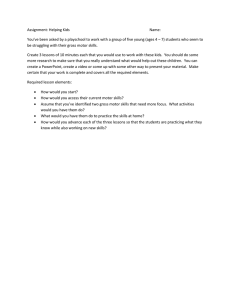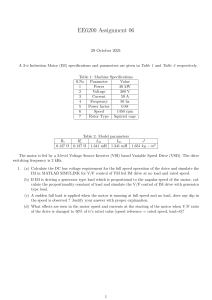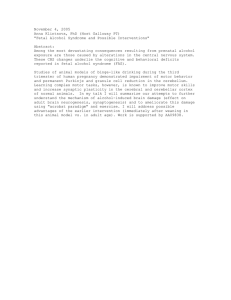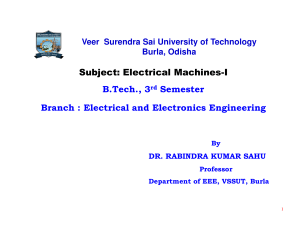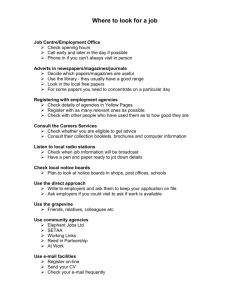STANDARD OPERATING PROCEDURE
advertisement
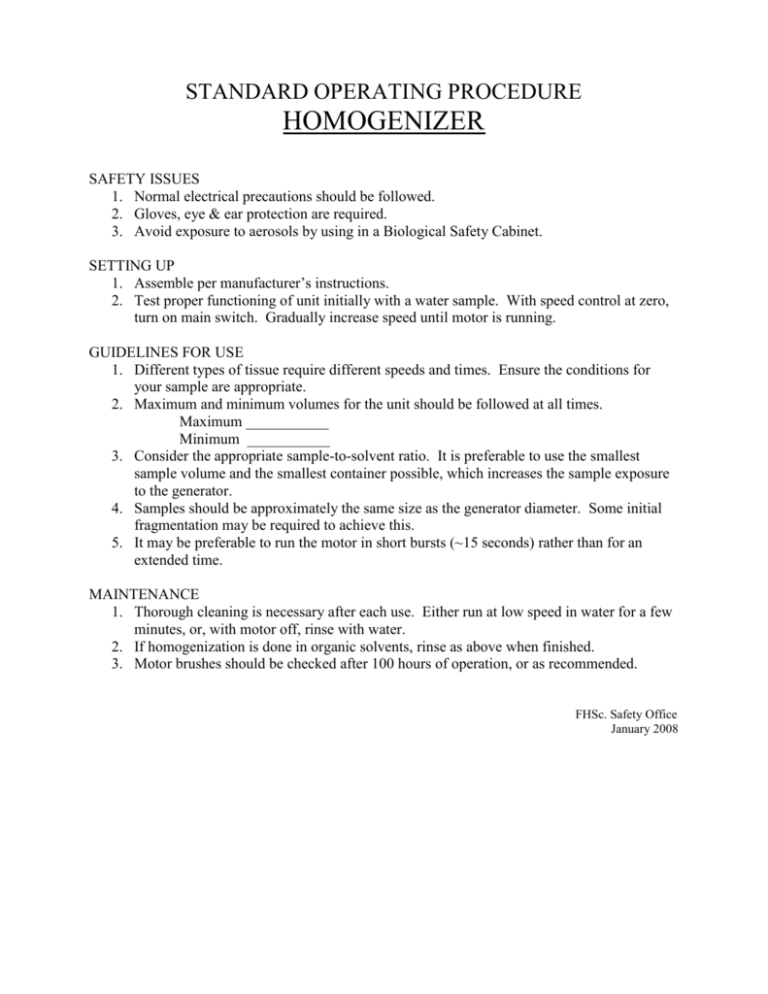
STANDARD OPERATING PROCEDURE HOMOGENIZER SAFETY ISSUES 1. Normal electrical precautions should be followed. 2. Gloves, eye & ear protection are required. 3. Avoid exposure to aerosols by using in a Biological Safety Cabinet. SETTING UP 1. Assemble per manufacturer’s instructions. 2. Test proper functioning of unit initially with a water sample. With speed control at zero, turn on main switch. Gradually increase speed until motor is running. GUIDELINES FOR USE 1. Different types of tissue require different speeds and times. Ensure the conditions for your sample are appropriate. 2. Maximum and minimum volumes for the unit should be followed at all times. Maximum ___________ Minimum ___________ 3. Consider the appropriate sample-to-solvent ratio. It is preferable to use the smallest sample volume and the smallest container possible, which increases the sample exposure to the generator. 4. Samples should be approximately the same size as the generator diameter. Some initial fragmentation may be required to achieve this. 5. It may be preferable to run the motor in short bursts (~15 seconds) rather than for an extended time. MAINTENANCE 1. Thorough cleaning is necessary after each use. Either run at low speed in water for a few minutes, or, with motor off, rinse with water. 2. If homogenization is done in organic solvents, rinse as above when finished. 3. Motor brushes should be checked after 100 hours of operation, or as recommended. FHSc. Safety Office January 2008
